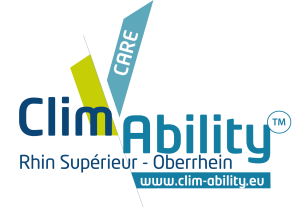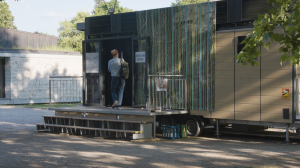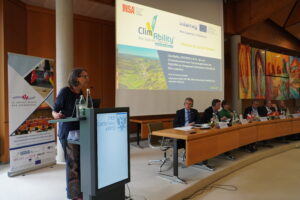The Clim’Ability Care project is part of Objective A1 of the INTERREG Upper Rhine programme and continues the intentions of the previous projects Clim’Ability (2016-2019) and Clim’Ability Design (2019-2023).
The aim of all projects is to support SMEs/SMIs in coping with the consequences of climate change. In the past, this support initially focussed on adaptation to climate change, which was based on the principle of warning and mitigation. In the current “Clim’Ability Care” project, the scope of action is being extended to industrialised areas.
The aim of the project is to promote a new corporate culture in the Upper Rhine region that prevents climate, natural, environmental and economic risks and promotes the prevention and joint management of disasters.
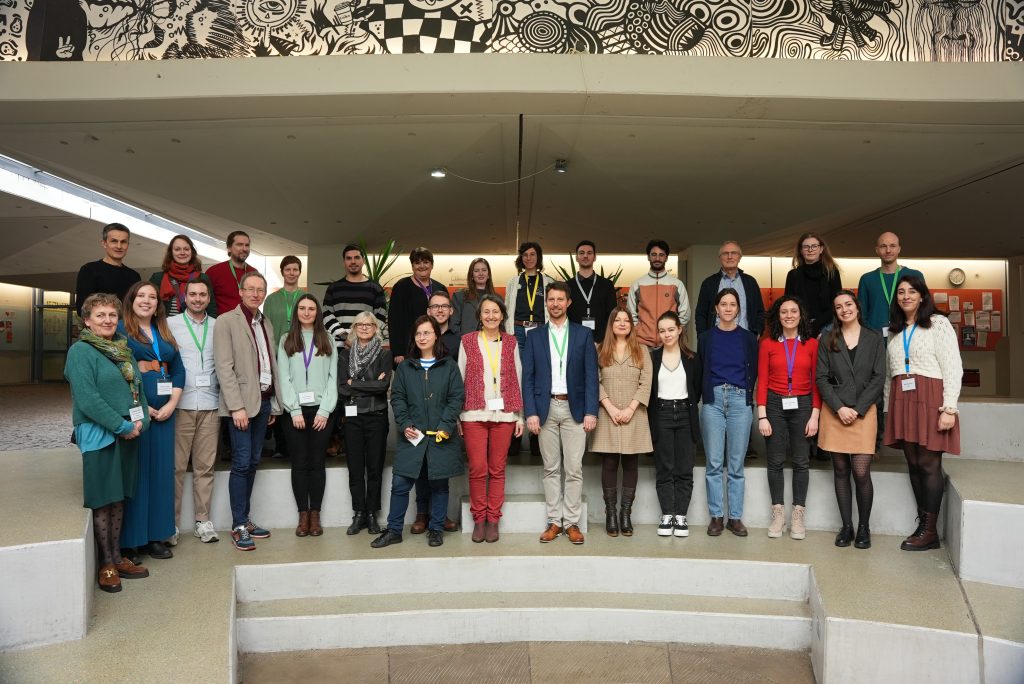
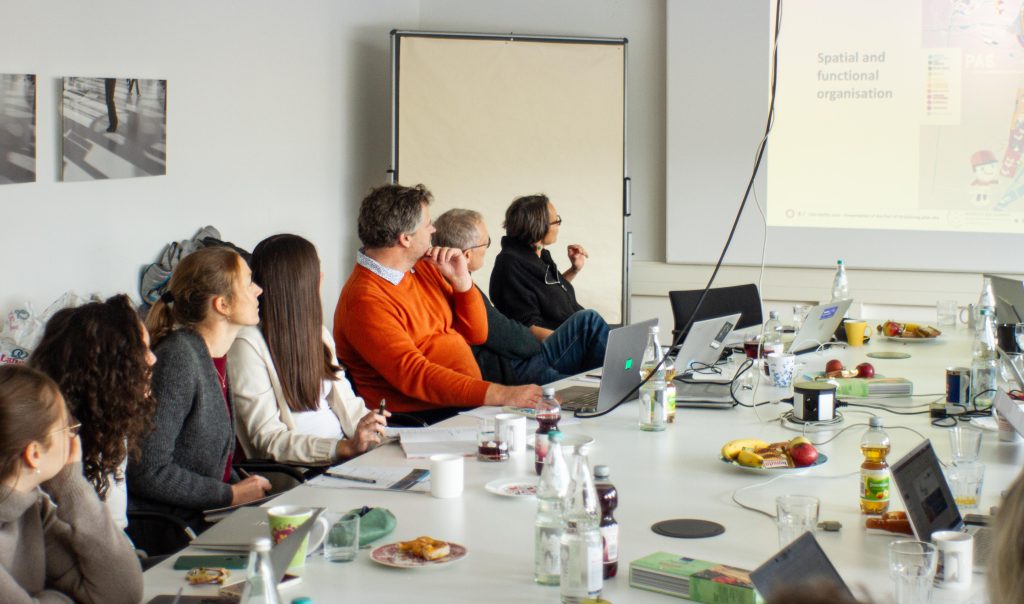
The Clim’Ability, Clim’Ability Design and Clim’Ability Care projects are based on tools for diagnosing and assessing the vulnerability of companies. The assessment has been developed in recent years through interviews and on-site visits. On the basis of these field reports, communication materials have been developed to raise awareness among SMEs in the Upper Rhine region and to address different economic sectors and types of companies: From thematic brochures to innovative workshops, panels, role plays, interviews and documentary films and web documentaries that illustrate the complexity of climate issues and the project. All the material is made available here on the website as open source and grows in intensity and ambition from project to project.
In this way, the project has grown. Originally focussed on companies, it has become increasingly territorial. The current Clim’Ability Care project is involved in larger territories, known as pilot territories, to introduce a new corporate culture based on a broader approach to climate risks and involving all stakeholders: the Murg Valley in Germany, the Val d’Argent in Alsace and the port of Strasbourg are pilot territories participating so far.
Originally, Clim’Ability focussed on adaptation to climate disasters and the climate crisis. In the current project, this has been expanded to include aspects of warning, mitigation and care. The Covid 19 pandemic has shown us that the latter in particular requires a special focus. Each of these pillars represents a lever for action and transformation at different levels.
From the construction of data with stakeholders to communication, Clim’Ability Care works on the synergies between research, testing, communication, awareness-raising and training, in favour of a new culture of precautionary management of the large ecosystems and human and non-human populations inhabiting the Upper Rhine region.
The stages that Clim’Ability has gone through since 2016 with over 500 SMEs/SMIs in the Upper Rhine region can be summarised as follows:
- Clim’Ability (2016-2019): Individualised contacts with companies in the Upper Rhine region.
- Clim’Ability Design (2019-2023): Location-centred contacts (this approach was counteracted by the pandemic between February 2020 and December 2021).
- Clim’Ability Care (since 2023): Integrative approach for the territory, involving more and more stakeholders, particularly municipalities and community associations in favour of a corporate culture based on a broader approach to climate risks.
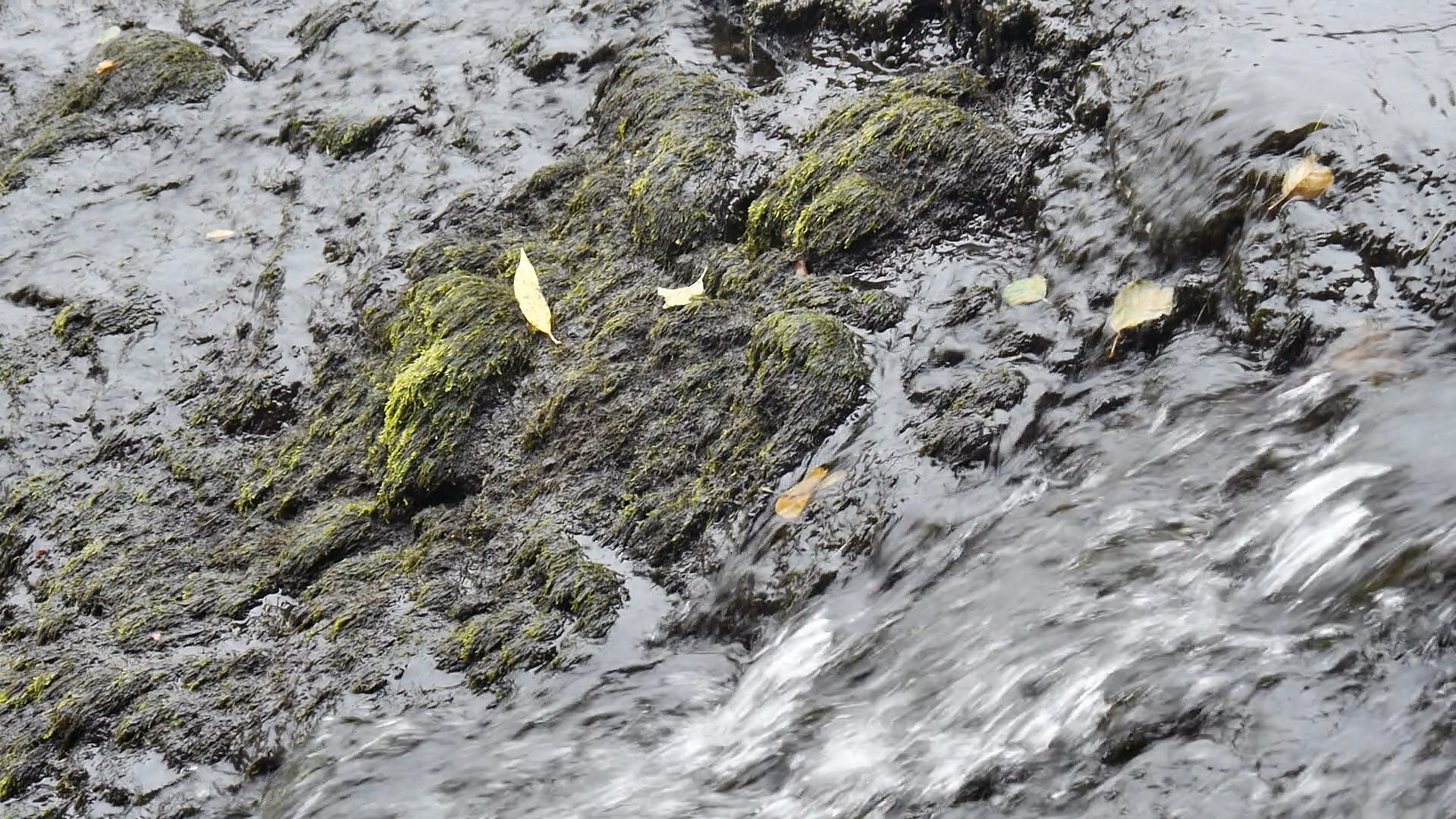
17 European partners with complementary expertise
The project brings together a consortium of committed partners, including: ADEUS, Agence du Climat, ATMO Grand Est, CCI Alsace Eurométropole, Mayane Eau & Société, Université de Haute Alsace, Hochschule Offenburg, University of Freiburg, RPTU Landau, Trion-Climate as well as associated partners such as the district of Rastatt, Météo France, Port Autonome de Strasbourg, Unistra – Jardin des Sciences, Communauté de Communes du Val d’Argent and the Ministry of Economy, Transport, Agriculture and Viticulture Rhineland-Palatinate / Ministère pour l’économie, le transport, l’agriculture et la viticulture Rhin-Palatinat.

